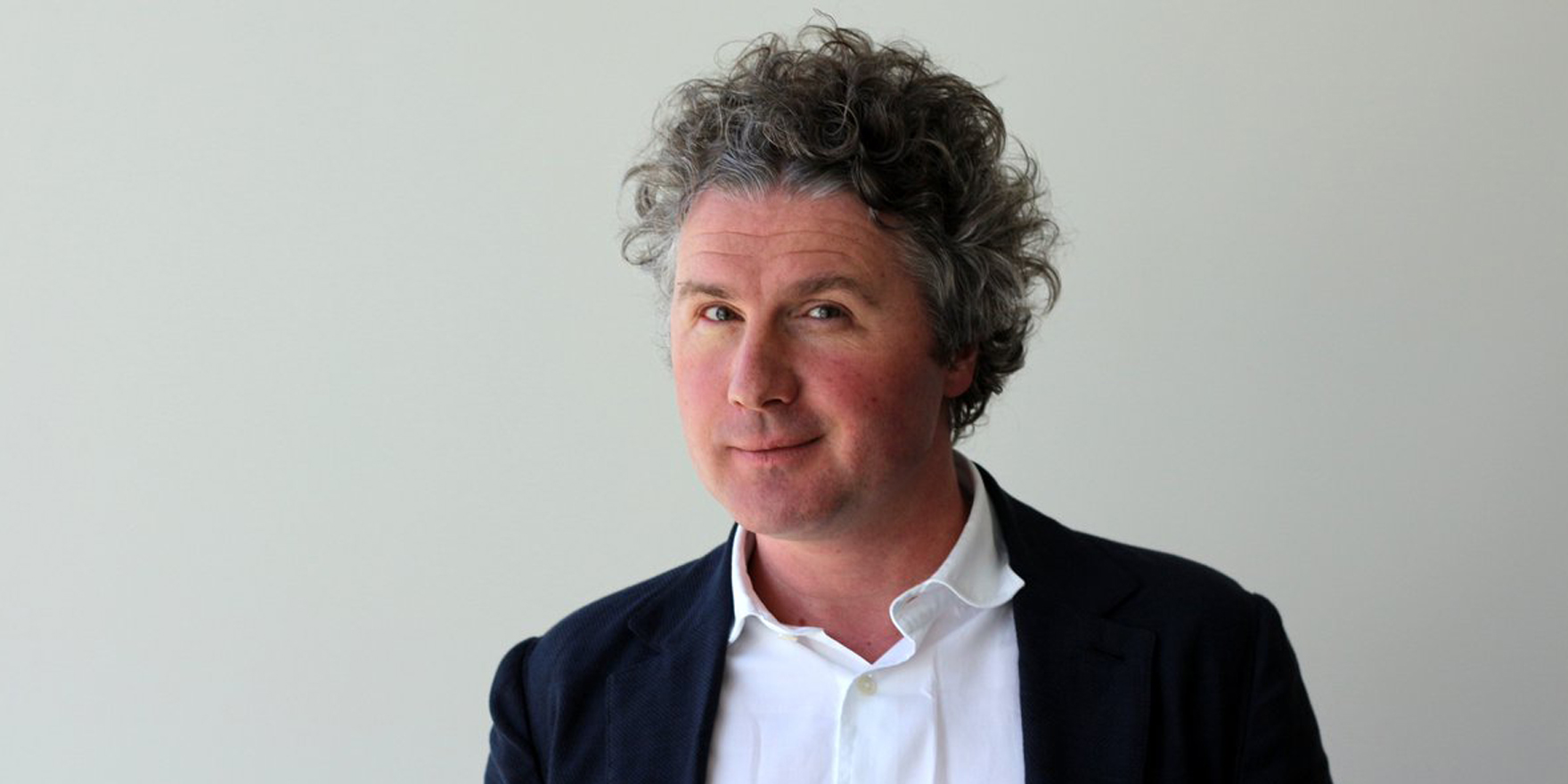How can we regain public trust in evidence-based medicine? Enigmatic sceptic Dr Ben Goldacre has a few ideas
How can we regain public trust in evidence-based medicine? Enigmatic sceptic Dr Ben Goldacre bounced onto the stage at Enmore Theatre in Sydney last week brimming with ideas.
Dr Goldacre, a researcher, physician and author of the books Bad Science and Bad Pharma, has made a name for himself exposing systematic flaws and corruption in medical publishing.
He also has a beef with “quacks” and “peddlers” of alternative medicine. But going after such easy targets was “like punching children in the face”, he told the audience on Sunday night.
The key to improving public health was not to pick a bone with nonsensical dissenters but to fix structural problems within evidence-based medicine that undermined trust, he argued.
“The public are, quite reasonably, concerned about medicine,” he said. “If you want public trust … you need to earn that trust through transparency.”
Speaking at a thousand miles an hour and with more than a sprinkle of profanity, Dr Goldacre rattled off a number of examples.
First out of the gate was a rethink on publishing practices. “We know that academic journal articles are not a reliable source of information,“ said Dr Goldacre.
Studies with negative results were much more likely to go missing in action than studies with positive results, he said. “We know we see a biased half of the literature.”
In addition, clinical trials reported in academic journals were incomplete in respect to outcome data and side effects.
Worst of all, researchers frequently misreported their pre-specified outcomes, even in star journals, which made it possible to skew the data.
“If you torture the data enough it will confess to anything,” Dr Goldacre said.
The solution? Point out systematic errors in academic journals and make the full methods and results of all clinical trials publicly available through projects such as AllTrials, a website founded by Dr Goldacre.
Regulators could also play a role in promoting evidence-based medicine. In the case of statins, for instance, the question of which drug worked best could easily be answered if GPs randomly assigned drugs to patients in real-life practice and have the data collated electronically. Researchers could then follow the electronic health record, cutting the cost and red tape of a clinical trial.
Statins are currently prescribed to 100 million people worldwide with minimal side effects so employing the standard infrastructure of a clinical trial is cumbersome and unnecessary, according to Dr Goldacre.
Dr Goldacre planned to carry out this unobtrusive, low-cost research in the UK but his plans were thwarted by “polo-neck wearing humanities graduates on ethics committees” who insisted on seven-page consent forms and 20-minute conversations with patients about side effects.
“I am willing to bet that nobody in the history of Australian medicine has ever had more than a three-minute conversation about side effects when they’ve been prescribed a statin,” Dr Goldacre said.
The failure to harness the power of randomisation and big data in this scenario killed people, he said. However, complicating the issue, was the reality that public trust in government was fragile when it came to retaining and utilising private health data.
A failed UK project called Care.Data, which Dr Goldacre was involved in, was an example of how poor execution could raise public alarm, he said. In this instance, there was no regulatory framework for using health records and no opt-out system to allow people to choose if their data was sold to industry.
Big data was like plutonium, Dr Goldacre said. “Plutonium, in itself, is not dangerous but when you refine it … you produce something qualitatively different that is extremely powerful and also extremely dangerous and when it leaks it cannot be unleaked. And it is exactly the same with patient data.”
But producing volumes of clinical research was “completely meaningless” if you did not put that knowledge into practice. “If you put me in charge of the medical research council (and to be clear, this is extremely unlikely to happen) I would cancel all primary research for 12 months,” he said.
“I would invest every single penny that we have in better systems to synthesise and summarise knowledge, to get the right information to the right person at the right time and avoid information overload.”
We did not spend enough money on making sure that up-to-date medical knowledge was delivered in the most accessible and impactful way to clinicians and patients, he said. Society “gets cross” at industry-sponsored educational activity but this was often “the only show in town”.
“It is bizarre that in science that kind of supporting structure around the individual big studies is regarded as having very low status when in fact it is so much more important.”


